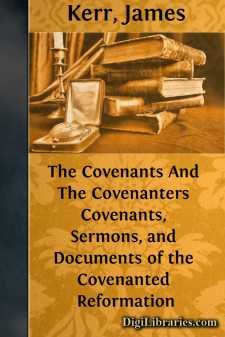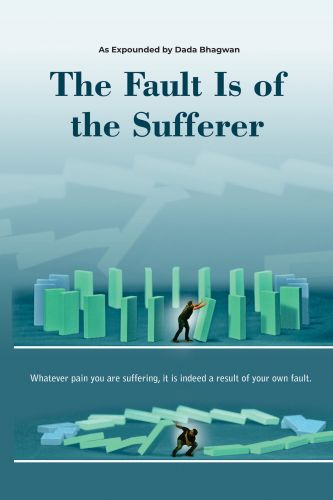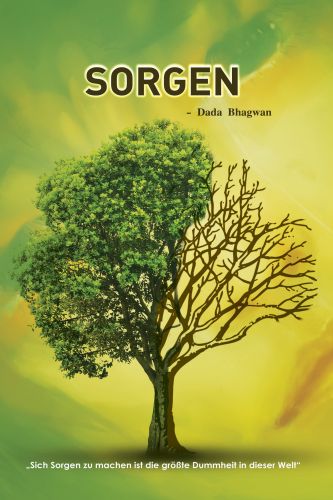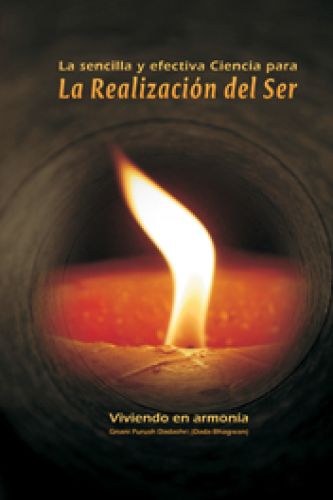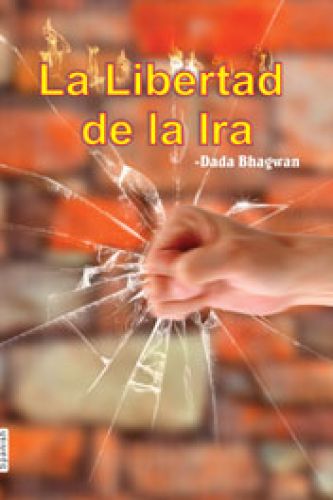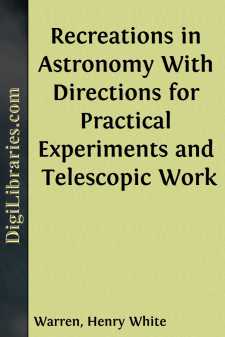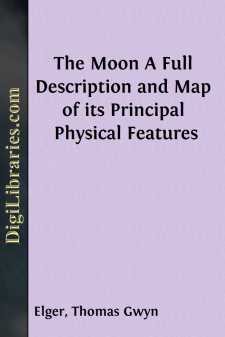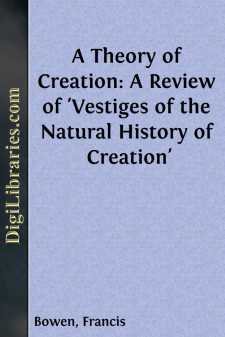Categories
- Antiques & Collectibles 13
- Architecture 36
- Art 48
- Bibles 22
- Biography & Autobiography 816
- Body, Mind & Spirit 145
- Business & Economics 28
- Children's Books 18
- Children's Fiction 14
- Computers 4
- Cooking 94
- Crafts & Hobbies 4
- Drama 346
- Education 58
- Family & Relationships 59
- Fiction 11834
- Foreign Language Study 3
- Games 19
- Gardening 17
- Health & Fitness 34
- History 1378
- House & Home 1
- Humor 147
- Juvenile Fiction 1873
- Juvenile Nonfiction 202
- Language Arts & Disciplines 89
- Law 16
- Literary Collections 686
- Literary Criticism 179
- Mathematics 13
- Medical 41
- Music 40
- Nature 179
- Non-Classifiable 1768
- Performing Arts 7
- Periodicals 1453
- Philosophy 66
- Photography 2
- Poetry 897
- Political Science 203
- Psychology 45
- Reference 154
- Religion 516
- Science 126
- Self-Help 86
- Social Science 82
- Sports & Recreation 34
- Study Aids 3
- Technology & Engineering 59
- Transportation 23
- Travel 463
- True Crime 29
Our website is made possible by displaying online advertisements to our visitors.
Please consider supporting us by disabling your ad blocker.
The Covenants And The Covenanters Covenants, Sermons, and Documents of the Covenanted Reformation
by: James Kerr
Description:
Excerpt
Every person who enters rightly into covenant with God is on the pathway to gladness and honour. He comes into sympathy with Him who from eternity made a covenant with His chosen. He gives joy to Him who loves to see His people even touch the hem of His garments, or eagerly grasp His Omnipotent hand. The Spirit of God on the heart of the believer draws him into the firmest attachment to the Beloved. Under His gracious influence, the bonds of prejudice against covenanting are as green withs and the covenanter stands forth in liberty and in power. So also, when the people of a kingdom together come into covenant with the Lord. In the character of Israel as a covenanted people, there shines out a special splendour. One of the most brilliant events in Judah's chequered history is that in which, in the days of the good king Asa, "they gathered themselves together to Jerusalem and entered into a covenant to seek the Lord God of their fathers with all their heart and with all their soul; and all Judah rejoiced at the oath." More than any other nation of modern times, the people of the British Isles resemble in their covenant actings the people of Israel; and Scotland is the likest to Judah. Certainly, Scotland's covenants with God were coronets on Scotland's brow.
At the beginning of the sixteenth century, Scotland was a moral waste. The Papacy, which had attained the zenith of its power on the Continent, reigned in its supremacy throughout the land. In Europe, indeed, there were some oases in the desolation, but here there were "stretched out upon the kingdom the line of confusion and the stones of emptiness." The chaos was as broad and deep as that of the Papal States before the time of Victor Emanuel. By the presence of the Papacy, mind, conscience, heart, were blasted; while ignorance, superstition, iniquity, increased and prevailed. But the Lord that saw the affliction of Israel in the land of the Pharaohs, was "the same yesterday"; and His time of visitation was one of love. The first signs of the coming deliverance were the martyr fires kindled to consume those who were beginning to cry for liberty. The heroic efforts and successes of the Reformers on the Continent, in the presence of Papal bulls and inquisitions, were a trumpet call to independence to the people of this priest-cursed land; and many responded right nobly, ready to stand amid the faggots at the stake rather than bear the iron heel that bruised them.
Those valiant men were led to bind themselves together in "bands," or covenants, and together to God, in prosecution of their aims. At Dun, in 1556, they entered into a "Band" in which they vowed to "refuse all society with idolatry." At Edinburgh, in 1557, they entered into "ane Godlie Band," vowing that "we, by His grace, shall, with all diligence, continually apply our whole power, substance, and our very lives to maintain, set forward and establish the most blessed Word of God." At Perth, in 1559, they entered into covenant "to put away all things that dishonour His name, that God may be truly and purely worshipped." At Edinburgh, in 1560, they entered into covenant "to procure, by all means possible, that the truth of God's Word may have free passage within this realm." And these covenants were soon followed by the Confession of Faith prepared by Knox and five other Reformers, and acknowledged by the three Estates as "wholesome and sound doctrine grounded upon the infallible truth of God;" by an Act abolishing the "jurisdiction of the bishop of Rome within this realme," and forbidding "title or right by the said bishop of Rome or his sect to anything within this realme," and by the first General Assembly of the Church of Scotland. Seven years thereafter, 1569, the Parliament recognised, by specific Act, the reformed Church of Scotland as "the only true and holy kirk of Jesus Christ within this realm." The young Church of Scotland was based on the Word of God, anti-papal, free, reformed, and covenanting, and in that character acknowledged by the State. "At this time," writes D'Aubigne, "the reformed church was recognised and established by the State—a triumph similar to that of Christianity when under Constantine the religion of the Crucified One ascended the throne of the Cæsars." In spite of the vacillating policy of the King and Parliament, and their repeated attempts to impose the order of bishops on the Church, the reformation proceeded steadily, and a great advance was reached by the National Covenant of 1580....


